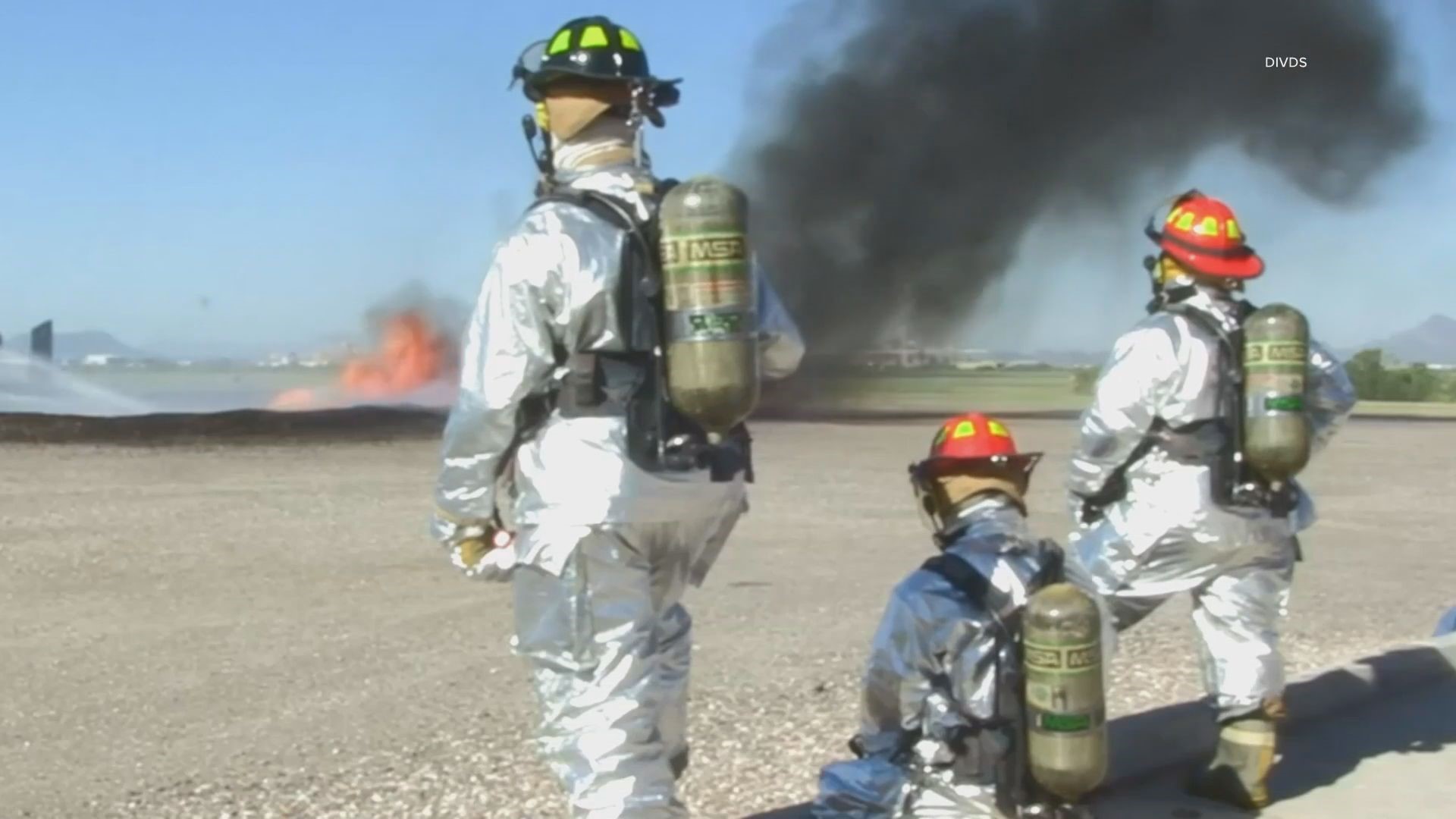WASHINGTON — The issue of toxic exposure injuries and illnesses for veterans has gotten a lot of attention in recent years.
Veterans advocates saw significant progress in 2021 in the fight to improve care and benefits for victims of burn pit smoke, but they're hoping for even more now.
About 25,000 post-9/11 veterans have submitted claims to the Department of Veterans Affairs for respiratory illnesses, cancer, and other diseases related to exposure to airborne toxins, specifically from military trash fire "burn pits."
VA officials have estimated more than 3.5 million troops were exposed to the toxic smoke from burn pits during overseas deployments over the past two decades, but a full accounting of the injuries and illnesses has never been completed.
Among those pushing for relief on Wednesday was comedian and veterans' advocate Jon Stewart.
"Our country exposed our own veterans to poison for years, and we knew about it and we didn't act with urgency and appropriateness," he said. "Therefore, we've lost men and women who served this country. They've died."
The Chairman of the House Committee on Veterans’ Affairs, Rep. Mark Takano (D-California), is the lead sponsor of the Honoring Our Promise to Address Comprehensive Toxics (PACT) Act, which would broadly expand affected veterans' access to health care disability benefits from the Department of Veterans Affairs.
"For too long, Congress and the Department of Veterans Affairs have been slow to act, citing high costs, or lack of absolute scientific proof," he said. "With each passing day, more veterans will get sick. It’s time for us to hold up our end of the deal and urgently pass this bill.”
The $282 billion proposed legislation would designate 23 diseases, including asthma, chronic obstructive pulmonary disease (COPD), lung cancer, and emphysema as presumed to be related to battlefield environmental exposures in Iraq, Afghanistan, and elsewhere in the Middle East since 9/11, as well as those from earlier eras who have illnesses thought to be related to military service.
So far, more than 65 House Democrats and two Republicans have signed on as co-sponsors of the Honoring Our PACT Act.

